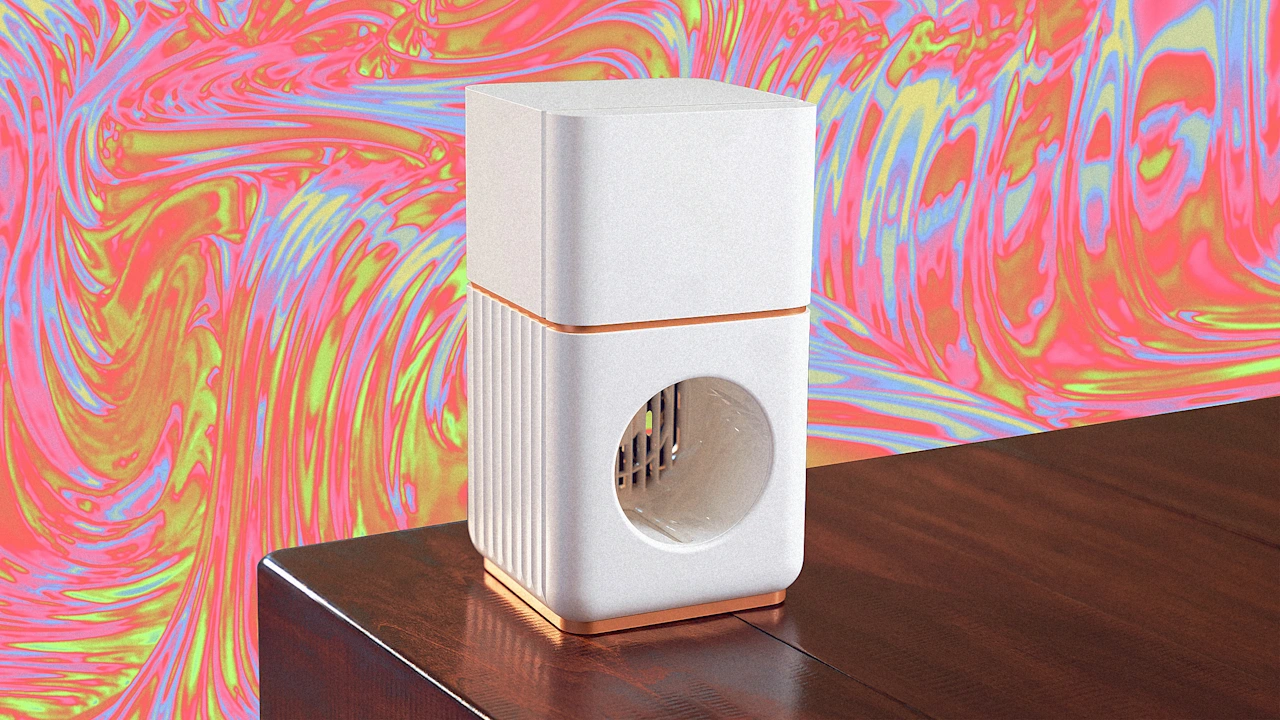Scientists are uncovering how a bedside device named Memory Air, which releases 40 scents during sleep, may significantly boost cognitive performance. Developed by UC Davis professor emeritus Michael Leon and his team, this product builds on research that links olfactory stimulation to strengthened memory and increased gray matter in the brain.
This fan sneaks scents into your sleep to improve your memory

Key Takeaways:
- Emerging research indicates that scents can help strengthen memory.
- Memory Air uses 40 different smells to stimulate the hippocampus while you sleep.
- A study documented a 226% memory improvement for participants exposed to scents.
- The device runs automatically, requiring minimal effort from users.
- Memory Air is priced at $799 plus $39 monthly for replacement scent belts.
Why Smell Matters to Memory
Humans evolved in naturally rich environments filled with countless scents, yet modern living often strips our surroundings of odors by design. “We are functionally odor deprived,” explains Michael Leon, a UC Davis professor emeritus responsible for leading the research behind Memory Air. Scientific findings suggest our cognition is closely linked to our sense of smell. “All memory loss precedes or is accompanied closely by olfactory loss,” he notes, indicating that a decline in smell can be an early warning for broader neurological issues.
From Lab to Nightstand
Memory Air emerges directly from decades of research exploring the connection between smell and brain function. In a 2023 study, Leon exposed participants aged 60 to 85 to a controlled set of seven odors for two hours each night over six months. The findings were staggering: “After that time, his team observed that the smelling group tested with a 226% improvement in memory over a control group.” This discovery, along with evidence from other international research, drove the development of Memory Air.
How Memory Air Works
Memory Air’s unassuming design looks much like an ordinary fan. But instead of a steady breeze, it silently introduces 40 distinct scents throughout the night. Each scent is heated for a brief window, then rapidly cooled to prevent overlap. The aim is to exercise the hippocampal cluster, the brain region responsible for memory and emotion. According to Leon, “the olfactory system has an anatomical advantage” over other senses, as it enjoys a direct route to memory centers.
What the Studies Reveal
With Memory Air, these night-long scent cycles may significantly increase gray matter and promote neuroplasticity—literally reshaping how your brain processes information. In Leon’s study, participants enjoying regular olfactory enrichment exhibited improved memory test results and detectable changes in their brains. This body of work aligns with approximately 20 other studies on the subject, collectively reinforcing the notion that “who does it, and how they do it, is not as important as getting more odor to the brain.”
Looking Ahead
Memory Air is available now at $799, bundled with a one-month supply of scent belts. Each replacement belt costs $39 monthly through a subscription service. Leon believes that ongoing olfactory stimulation may unlock additional benefits, such as better sleep duration. While more research is needed, the basic principle is clear: harnessing scents in a targeted, controlled manner could open new pathways to preserving and improving memory, one whiff at a time.











